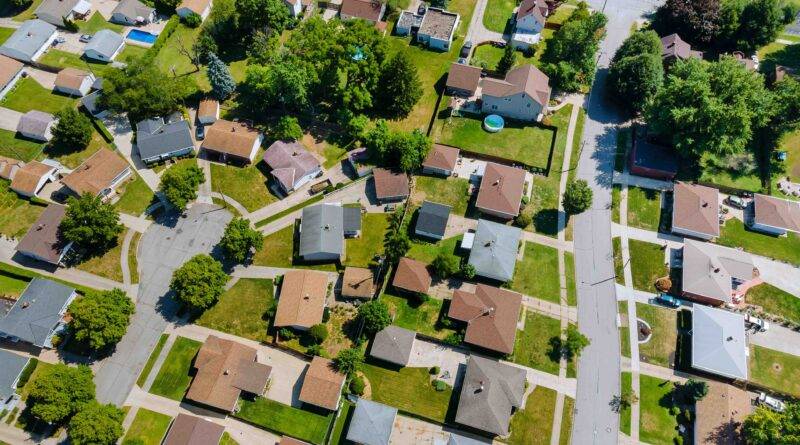Normalcy on the Horizon for 2024
A return to the normal economic relationship between mortgage rates and home sales is expected
It has been striking how well homebuilders have continued to do in the face of a massive increase in mortgage rates. Econometric forecasting models did not envision the extreme lows in the inventory of resale homes, nor the way this shortage would drive more buyers toward the new homebuilders.
What accounts for the strength of homebuilding?
Builders are able to sell homes in this high-rate environment for two primary reasons:
The Only Game in Town: When buyers want to buy, and they can’t find what they want on the resale market (very common), they can have a home built for them, or they can buy a quick-move-in unit from a builder.
Rate Buydowns: Builders are able to offer something that the resale sellers cannot: a buydown of the mortgage rate. This knocks hundreds of dollars (sometimes upwards of $1,000) a month off of the monthly payment.
And this brings us to the question: how much longer can builders defy gravity? Will higher rates start to clobber their sales soon? They could.
The inventory on the resale market could increase suddenly, and by a large percentage as soon as more economic distress shows up. The Fed wants to slow the economy in order to bring inflation back down to 2%, and they have been breaking hard. Their recent moves are meant to reduce incomes in order to slow spending and to make investments look less attractive so as to slow investment. The fiscal stimulus has mostly wound down, so a softer labor market next year looks likely. The recent rise in credit card debt and auto loan delinquencies are both signs of increased stress. The level of distress is still very low, but it may not take much of an increase in economic pain to cause more people to put their homes up for sale.
In addition to this source of increased resale supply, watch for more investors to put their homes on the market in the months ahead.
Traffic is starting to slow already, and will likely slow further in the months ahead. The traffic of actual prospects through model centers started to slow in September/October due to higher mortgage rates, and traffic through builders’ websites is lower as well.
There is a lot of speculation that mortgage rates will trend downward again, which could keep sales going strongly. Rates could fall, but be careful what you wish for; the only way for rates to get back down to where they were a year ago is for a severe economic downturn to occur. The 30-year fixed could trend down gradually in the absence of a recession, but will still end 2024 far above where it was this time last year.
The Federal Reserve still has work to do, compounded by federal deficits that are heading rapidly toward $2 trillion annually, which puts upward pressure on inflation, creating a serious headwind for Fed efforts to cool things down. If the spread between the 10-year bond and the 30-year fixed mortgage rate were to normalize back to the historical average, we could see mortgage rates back down to the low sixes or even the high fives but that is a big “if.” Spreads like that reflect risk, so we would have to see a change in the market’s perception of risk to see much improvement.
Cash buyers make up approximately 50% of luxury home purchases. Obviously, cash buyers are not affected by the run-up in mortgage rates the way “monthly-payment” buyers are. Also, if their existing home is paid for, there is no “lock-in effect” at work, keeping them in their home so as to retain their super-low mortgage rate. And thirdly, if they need to sell their home, other luxury buyers with cash can come in and buy without any concern over rates or qualification issues.
All this said this is not 2006. We are not on the brink of a housing value collapse. This time it is different, because back then we had too many houses, and this time we have too few. What I’m actually expecting is more of a return to the normal economic relationship between mortgage rates and home sales, particularly if we head into a recession.
Brad Hunter runs Hunter Housing Economics, a national consultancy based in West Palm Beach, Florida.


